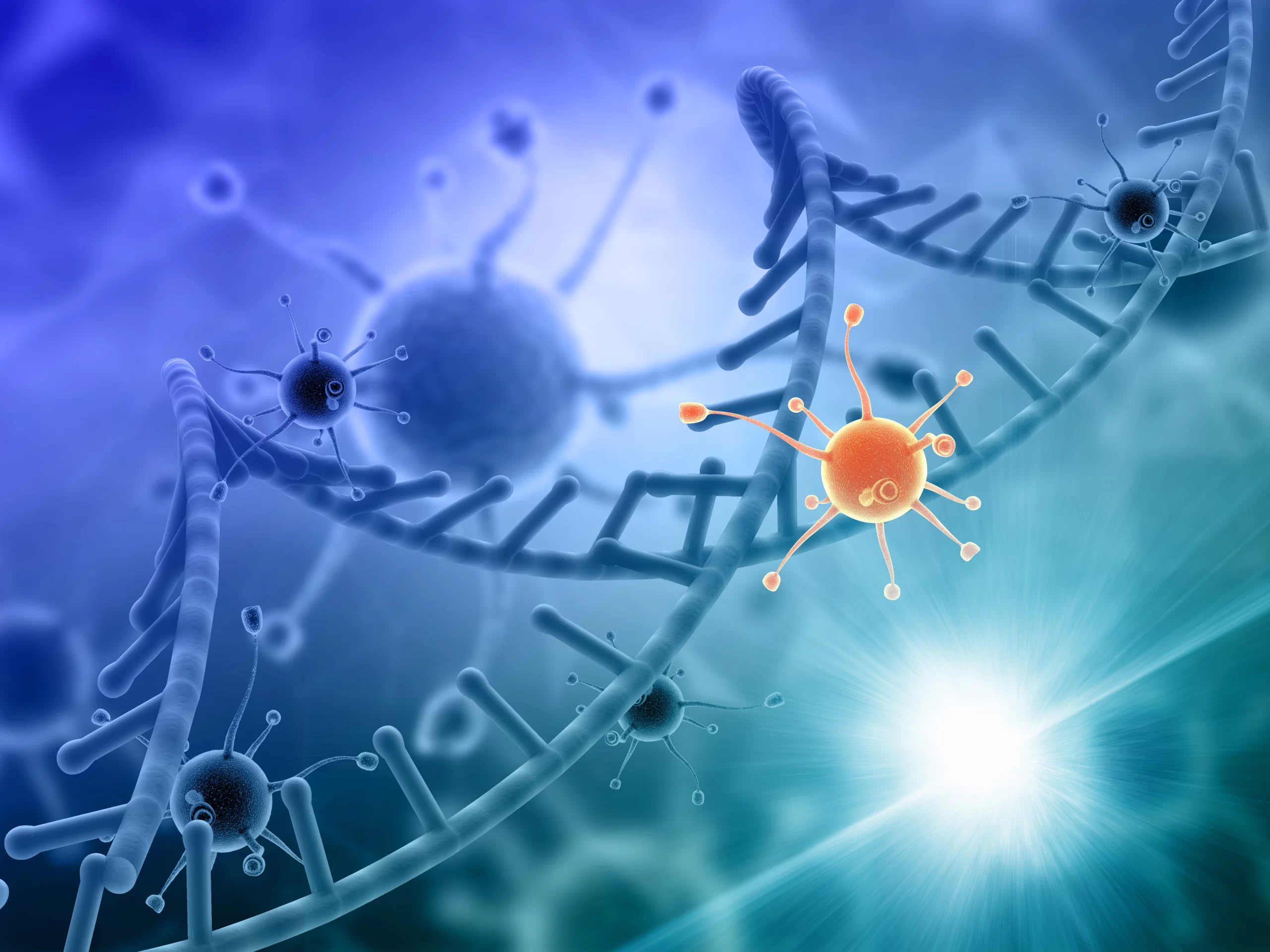Summary: Neurodegenerative diseases are on the rise, and there is no effective treatment for these disorders. Thus, conditions like Alzheimer’s or multiple sclerosis have emerged as a significant public health concern. In recent years, researchers have started focusing on the role of the brain’s immunity dysfunction in these disorders. They have started paying attention to the role of microglia cells. The new study shows that stimulating the production of one of the microglial proteins called SYK protein may boost the debris-removing activity of microglia, thus altering the course of neurodegenerative disorders.
The increase in the prevalence of neurodegenerative disorders has really come as a surprise for researchers. Studies show that they now affect one in nine adults in the US older than 65 years of age. In addition, neurodegenerative disorders like Alzheimer’s have emerged as a significant cause of mortality and disability.
However, despite the rise of these brain disorders, 100 years of research have miserably failed to explain many things. Numerous studies have been unable to explain the exact cause and pathogenesis of brain disorders. Therefore, no surprise that there are no reliable biomarkers and treatments for these brain disorders like Alzheimer’s or multiple sclerosis.
This significant failure to understand brain disorders like Alzheimer’s and find effective treatment has forced researchers to question their approach toward these diseases. Now most researchers say this failure may be due to undue focus on brain neurons.
Since, in neurodegenerative disorders, neurons start dying due to various reasons, researchers have been looking at ways to slow down or prevent their death. However, they often overlooked the fact that there are many other types of cells in the brain.
Glial cells are more than a number of neurons in the brain, playing many roles. They support the neurons and might even modulate their working by influencing neuronal synapses. More importantly, glial cells form the brain’s immune system. Hence, they are vital to the brain’s capacity to defend, protect, and cleanse. Thus, researchers now think it is time to focus on glial cells like microglia.
A new approach to treating neurodegenerative disorders
Microglia are abundant in the brain. They primarily act as immune cells. Thus, there is a firm reason to believe they may help prevent neurodegenerative disorders. However, there are specific challenges in tweaking these cells. Brain immunity is still poorly understood by science. Science is still unsure of how these cells form in the brain during early development stages. After all, microglial cells do not share many traits with other immune cells circulating in the blood.
Microglial cells play many roles in brain function. They not only protect brain cells from irritants and foreign materials, but these cells are also responsible for ensuring the health of brain cells. They regulate the brain’s inflammation, remove debris, reduce swelling, and release chemicals that boost the brain’s resilience. In addition, they produce molecules like BDNF that play an important role in neuronal survival.
However, researchers say that one of the most important functions of microglial cells is their ability to remove debris. They act as janitors in the brain. This is vital to understand since many neurodegenerative disorders like Alzheimer’s occur due to the accumulation of faulty proteins like beta-amyloid protein. This means that if science can find ways to regulate microglial cells, it would be a more natural and safe way to remove faulty proteins from the brain and prevent neurodegeneration.
In the new study, researchers tried to establish exactly that. First, they focused on certain proteins that can help alter microglial behavior. Then, they specifically focused on the protein called SYK. Researchers noticed that when microglia encounter debris, they increase the production of this particular protein.
Hence, in the study, when researchers inhibited the SYK protein function in microglia, they found that there was a sudden increase in amyloid protein accumulation in mice models living with Alzheimer’s. Similarly, they also saw that down-turning the activity of this protein also resulted in greater accumulation of myelin debris or worsening of multiple sclerosis in mice model.
Further, researchers found that blocking SYK worsened Alzheimer’s and multiple sclerosis symptoms in mice models. This indicates that SYK protein plays a vital role in regulating microglial activity and countering neurodegenerative disorders.
In the experiment, researchers also found how this protein helps. They discovered that SYK protein migrates towards the debris, which signals microglia to remove or destroy that debris. Hence, it signals microglia to do a clean-up job, remove toxins, and thus prevent neuronal cell death and promote neuronal regeneration. Researchers say that boosting SYK levels can create super microglial cells that may even help reverse neurodegenerative disorders.




